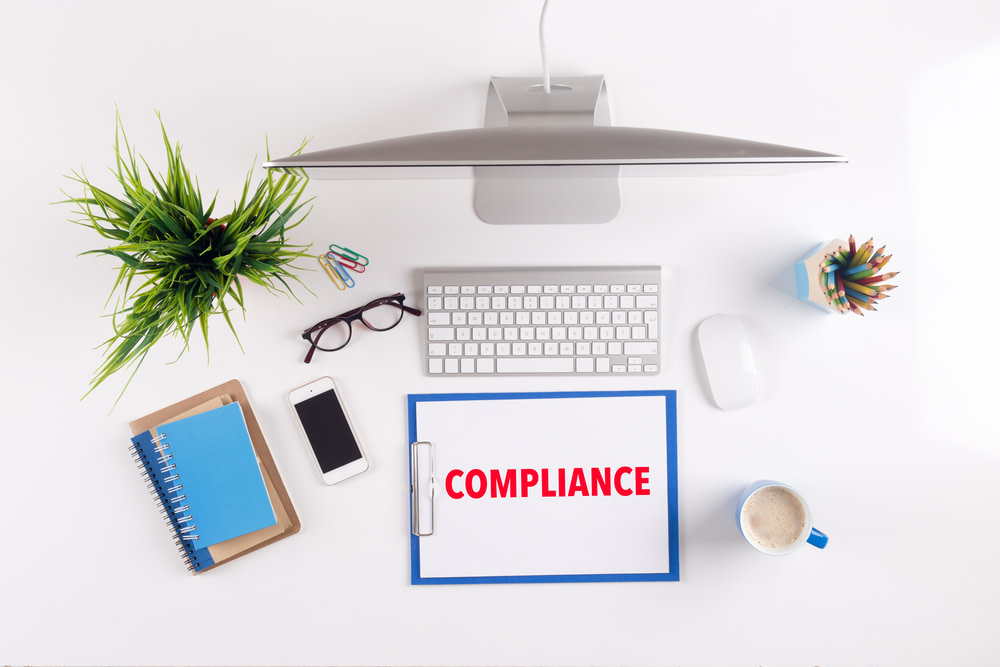For businesses in the United States, SOC 2 compliance can be the deciding factor for acquiring valuable clients. The SOC 2 data security framework shows potential customers that your organization follows industry best practices for confidentiality, privacy, cybersecurity, and other important standards. To prove SOC 2 compliance, your company needs to pass a Type 1 or Type 2 audit. What is the difference between SOC 2 Type 1 and Type 2 certification?
What Is SOC 2 Type 1?

A SOC 2 Type 1 audit looks at your company’s data security policies and controls at a single point in time. For example, if you have an auditor evaluate your business on February 21, 2025, the report will apply to that day only. This type of inspection provides some value for customers wanting to know more about your business, but many clients may not be satisfied by the limited range of this assessment.
What Is SOC 2 Type 2?
SOC 2 Type 2 audits evaluate Trust Services Criteria over a period of time. Technically, this can be as short as three months, but many organizations choose a six- or 12-month monitoring period. This type of SOC 2 report is more helpful for your business and more effective at convincing customers that you meet trustworthy security standards.
What SOC 2 Type 1 and Type 2 Attestation Means
The SOC 2 framework doesn’t have a formal “certification” process (unlike ISO 27001). An auditor approved by the American Institute of Certified Public Accountants conducts your review and creates a report that outlines the professional’s conclusions.
There’s no certifying body, only a CPA’s estimate of your company’s compliance with stated goals and cybersecurity practices. That said, SOC 2 attestations carry significant weight in the software and IT, finance, fintech, healthcare, and education industries.
What Are the Differences Between SOC 2 Type 1 and Type 2 Audits?
The primary difference between a SOC 2 Type 1 and Type 2 audit is the length of time controls are evaluated. This has a huge impact on the kind of report that your business needs.
Policies and Practices

SOC 2 Type 1 audits can only check how well your data security controls are designed. They compare your organization’s policies on paper with established TSC standards, revealing if there are any areas where your business can improve its plans.
On the other hand, SOC 2 Type 2 audits take an in-depth look at implementation and compliance. This type of audit examines your policies but also checks if they’re achieving the desired results and how well your team is putting them into practice. SOC 2 Type 2 reports may reveal areas where your company needs to improve its data security practices.
Audit Complexity
Before any SOC 2 audit, your company needs to have a clear idea of applicable TSC and a plan for implementing the framework. Many companies also perform a risk assessment and gap analysis.
Once those are complete, you’re practically ready for your Type 1 audit. The final requirement is a management assertion that outlines your policies and explains how your company is following them.
SOC 2 audits are far more complex. The auditor needs to spend time analyzing every system in scope and each TSC that you’ve selected (e.g., security, privacy, and confidentiality). This can require gathering data from countless departments, including IT, HR, billing, sales, and logistics.
Pre-Audit Prep Requirements
The fact that a Type 1 audit only looks at a point in time significantly cuts down on document requirements. The longer SOC 2 Type 2 audit usually requires recording data and generating compliance reports for six months to a year.
Auditors don’t take your word for it. At every step, they want to see proof of compliance. For example, if you claim that your company monitors network traffic for suspicious behavior, auditors may ask for logs, threat reports, or records of preventative actions. The same goes for access controls, update records, and security backup schedules.
Audit Costs
As you may have guessed, Type 1 audits are more cost-effective than Type 2 audits. This is mainly due to the time required. While a SOC 2 Type 1 audit may only take a few days, Type 2 audits can last three weeks or more.
The total cost of SOC 2 audits depends on:
- Your preferred auditor’s hourly rate
- Whether you use a CPA for assistance with pre-audit prep
- Consulting services such as gap analysis
- The length of the audit
- Potential travel, food, and accommodation costs
When partnering with high-profile accounting firms, a SOC 2 Type 2 audit can cost $50,000 or more the first time. Type 1 audits may only cost $5,000 to $10,000.
Trust Ratings
The proof is in the pudding, as they say. Business customers in the U.S. generally view a SOC 2 Type 2 audit as the “gold standard” for data security.
It’s one thing to say your company protects client data. It’s another to show that your employees follow through all year long. That’s what the Type 2 report demonstrates.
When Should You Choose a SOC 2 Type 1 or Type 2 Report?

For many organizations, a Type 2 report provides the best return on investment.
- Organizational assessments: Type 1 reports are helpful for companies getting started with cybersecurity or SOC 2 TSC. They show gaps between current processes and better policies.
- Customer requests: Clients usually request a copy of SOC 2 Type 2 reports. Some may accept a Type 1 in the interim, but you should work toward your Type 2 audit ASAP.
- Industry reputation: Only Type 2 audits build trust that your company follows through on cybersecurity promises.
Implementing SOC 2 TSC and maintaining compliance year after year also benefits your company’s cybersecurity defenses, reducing the risk of successful cyberattacks.
What Is the Difference Between SOC 2 Type 1 and Type 2 Compliance Programs?
One of the most significant differences between SOC 2 Type 1 and Type 2 audits is the ongoing nature of document prep. Reports are valid for one year, which means starting next year’s audit preparations almost immediately. Streamline your SOC 2 compliance by automating data collection and record generation workflows. See how Compyl can save your organization time and money on SOC 2 audits.



